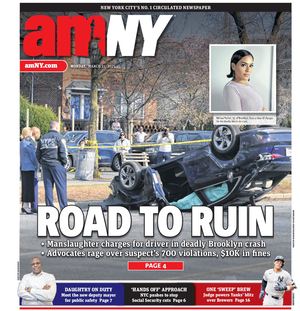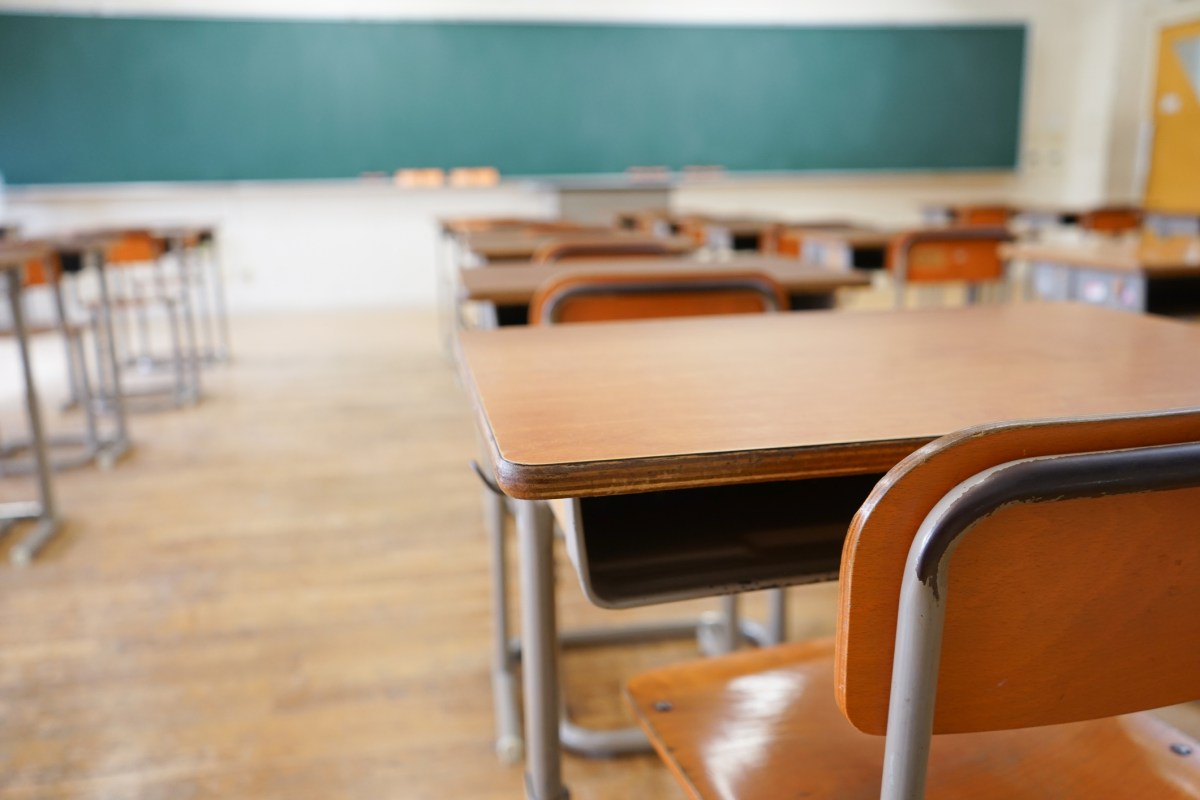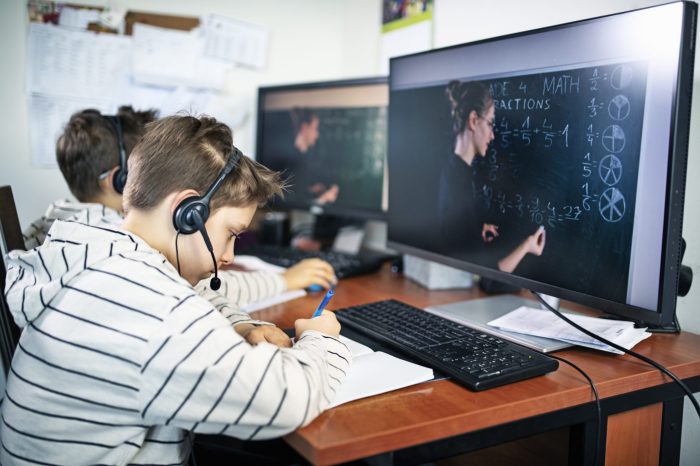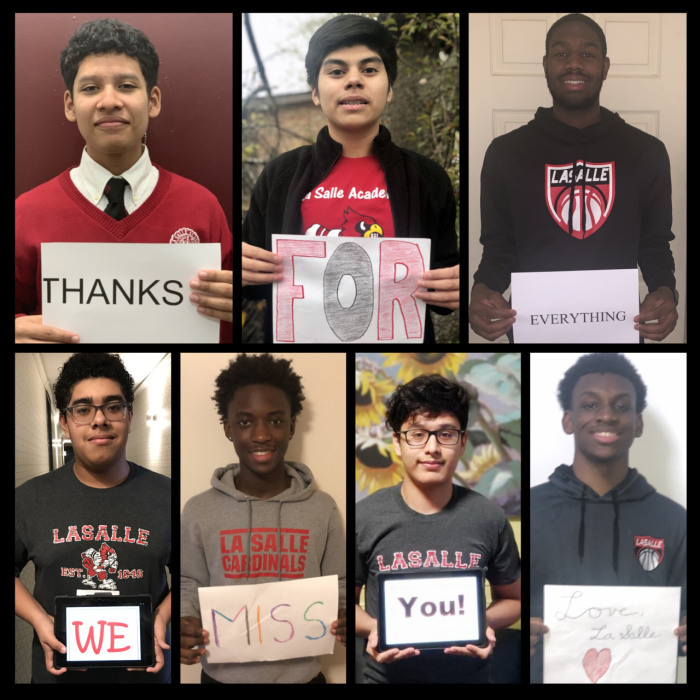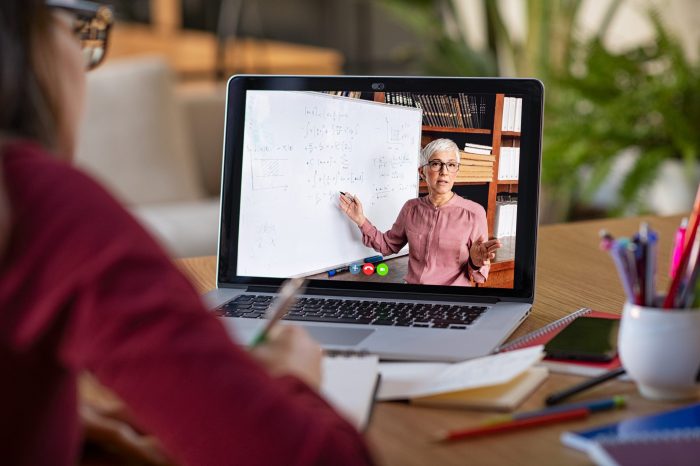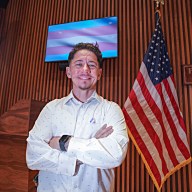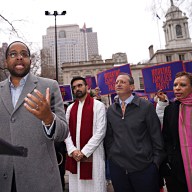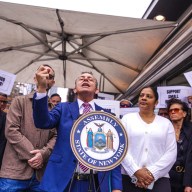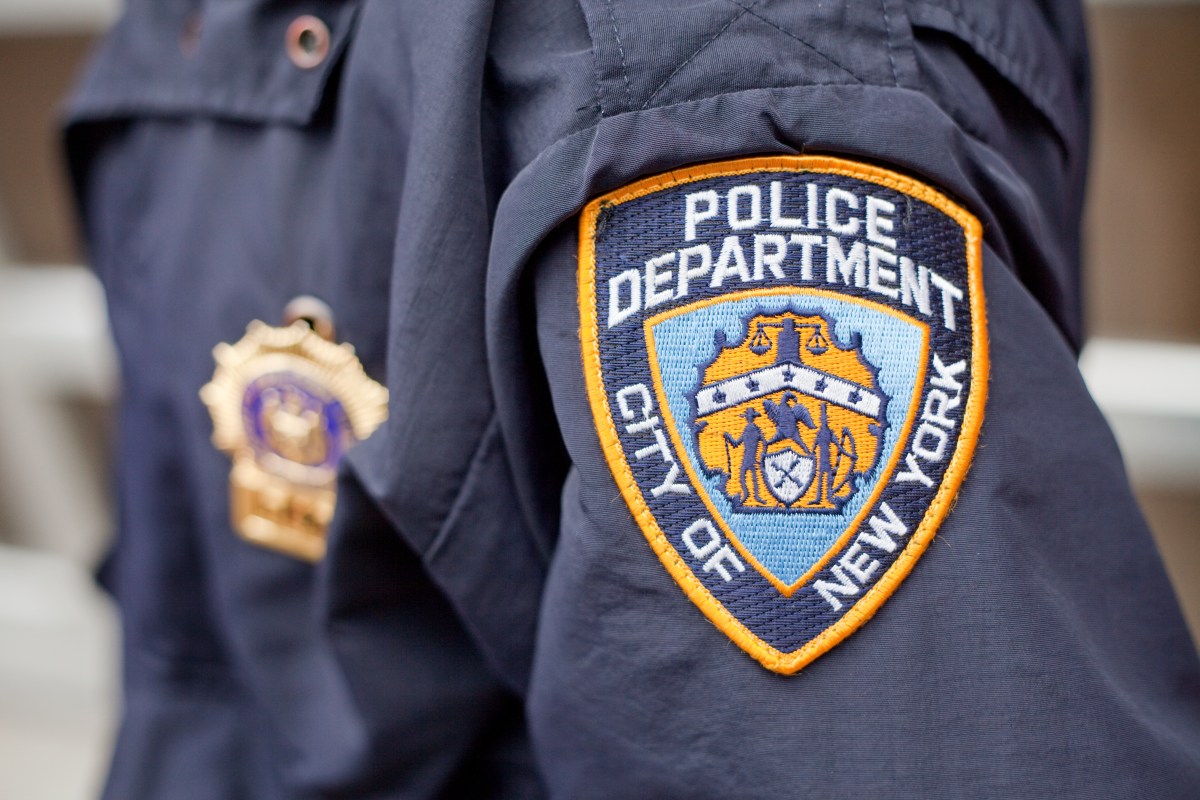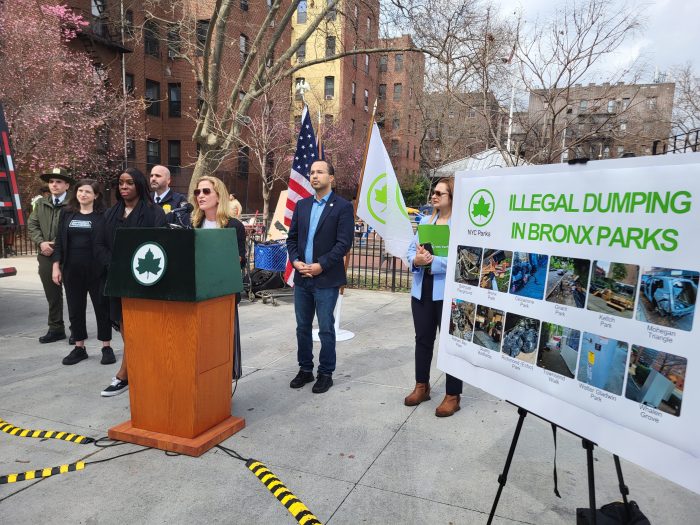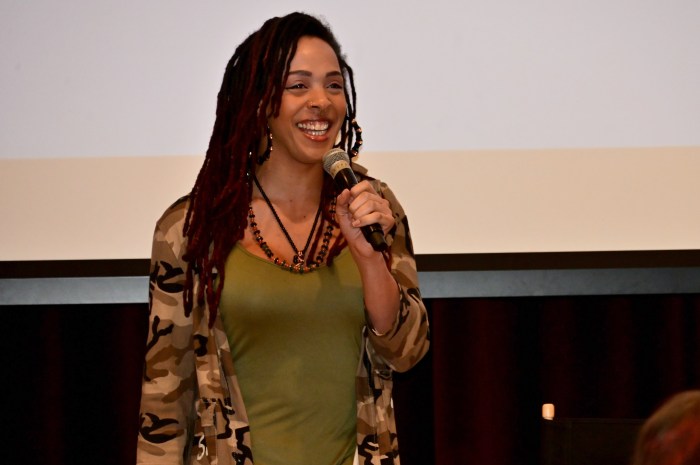Thousands of New York City students did not receive full special education instruction last year, according to a report from the Department of Education released earlier this week.
Since schools shuttered their doors on March 16 due to the COVID-19 pandemic, only 82.7% of the city’s roughly 200,000 special education students have received full instruction according to the annual report delivered to the City Council. During the 2018-2019 school year, 84% of students received their special education services in full.
The report comes a week after department officials were chastised by elected officials at a joint City Council committee hearing for failing to provide details on remote learning engagement and special education staffing at schools this year.
Department officials told city council members during the hearing that somewhere around 84% of students received services outlined in their Individualized Education Plans (IEPs) last school year and promised to provide a more exact number by Nov. 1. The report also claims that between March and June 83% of students with IEPs interacted with online courses.
Since the spring, special education advocates have warned that students with IEPs would be the most upended by the city’s public school system transition to remote learning. Some warn that the DOE report doesn’t tell the full story of how the department is failing to meet the needs of the city’s most vulnerable students.
“A student who lost weeks of instructional time because they lacked needed technology for remote learning would still be considered ‘fully’ served for the purposes of this report if they had been in a special education class prior to the closure of school buildings, as would a student who received little or no live instruction from a teacher from March through June,” said Advocates for Children Executive Director Kim Sweet. “The data also do not capture the significant regression many students experienced because their special education supports simply did not translate online.”
The report also highlights a staggering 26% drop in the amount students referred for special education raising concerns among advocates that special education concerns are being put on hold due to the pandemic.
“Over the last several months, we were the first major school district to offer in-person special education services, have distributed tens of thousands of devices, and strengthened our communications with families,” Schools Chancellor Richard Carranza said in a statement accompanying the report. “We’ll continue to have a laser-focus on providing students with disabilities a high-quality education both in-person and remotely.”
